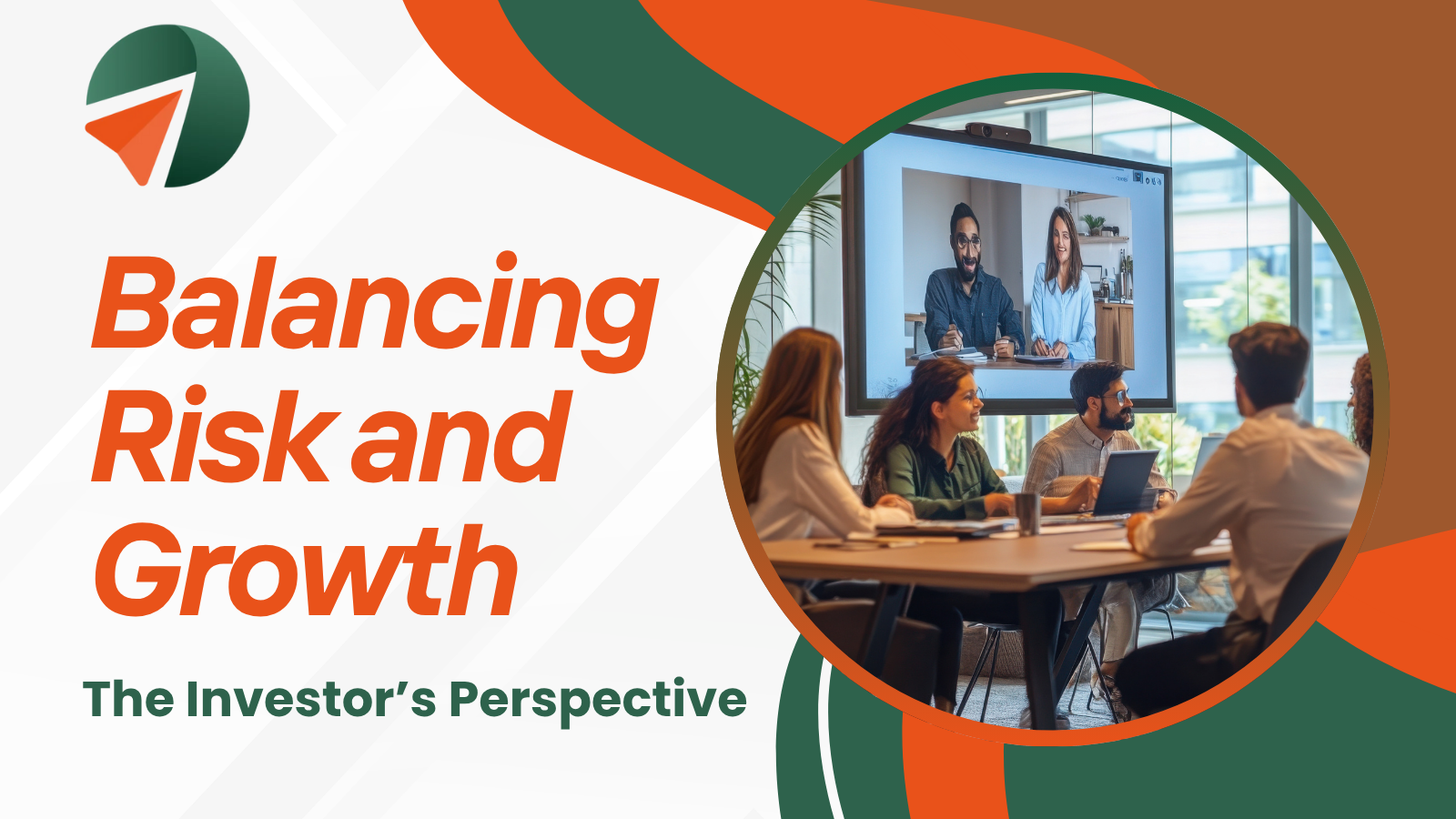Every startup carries both opportunity and uncertainty. Investors know risk is part of the journey, but what truly matters is how founders approach and manage it. Smart risk management does not mean complete avoidance of risk; rather, it is all about identification, analysis, and preparation for risks. This clarity gives investors confidence that the founders understand the playing field and are ready to navigate it strategically.
When the founders can show that they can manage challenges without panicking or losing focus, it creates a strong impression. This fundamentally signals that the business has matured enough to handle real-world problems. This is one of the most important reasons why innovative risk management often leads to sustainable investment funding for startups.
Investors Look for Discipline, Not Just Ideas
Investors may notice a great idea at first, but they stay committed when they see disciplined execution. Founders who manage resources wisely, measure outcomes, and anticipate obstacles earn lasting respect as reliable doers, not just thinkers.
Investors like their startups to balance ambition with caution. They can be fairly sure that such founders will not make impulsive decisions but informed decisions. To them, innovative risk management is not a strategy but a reflection of business maturity. This maturity plays a very important role in attracting investment funding to startups chalking out long-term growth and not short-term wins.
Risk Management Builds Investor Trust
Trust is the foundation of every funding relationship. When investors put their money into a startup, they are betting on the founders’ judgment. A well-crafted risk management plan shows that founders are aware of the obstacles their business might face and have clear solutions ready to respond effectively.
When startups clearly explain how they’ll navigate market changes, new rules, or financial pressures, they demonstrate preparedness. This honesty shows investors that their optimism is backed by careful strategy, not blind faith. It highlights strategic awareness and reliability; qualities that inspire trust. Because of this, risk-conscious startups often secure ongoing investment funding for startups with greater ease.

The Role of Data in Managing Risk
Startups gathering and analyzing data about their customers, operations, and market trends can make more informed decisions. By analyzing data, founders can detect emerging risks early on. It brings hidden trends to light, exposes inefficiencies, and identifies potential advantages others might overlook.
When startups use this insight to adjust their strategies, investors take notice. It demonstrates adaptability, which is one of the most valuable qualities in the startup ecosystem. This helps investors be more confident in backing the vision of a company when it’s based on objective evidence rather than assumptions. In the long term, this will encourage positive investment in startups, as investors prefer to invest in businesses that are based on data-driven decisions.
Managing Growth Without Losing Control
Ambitious growth can be a confidence-inspiring thing, but if it moves a startup faster than its foundation will bear, the pressure can be destructive. Frequently, overstretching people and money too early results in setbacks. Strategic founders grow steadily, matching their drive with discipline.
By managing growth wisely, startups protect themselves from burnout and financial strain. Such control is appreciated by investors, too, who know the company will not collapse under its own weight. Growth managed responsibly tells investors that founders are in to build something that lasts. This careful approach contributes directly to consistent and reliable investment funding for startups, as investors are drawn to businesses that know how to grow at the right pace.
Long-Term Thinking Wins Investor Confidence
Long-term thinking founders naturally embed risk management into their business plans. They know every decision carries consequences-from product development to hiring. Founders are prepared for changes in the market, track financial performance closely, and develop backup strategies for critical functions.
To investors, this foresight is a signal of leadership: the startup is not merely chasing trends, but it’s building a foundation for sustainable success. The presence of clear governance structures, financial discipline, and thoughtful decision-making strengthens investor confidence. It is this mindset that helps attract investment funding for startups, and it also perpetuates such funding in future rounds.
A Culture of Preparedness
Risk management is more than just documents or spreadsheets; it is a question of culture with your team. A prepared team, where every member in an organization understands what may go wrong and how to mitigate such risks, will make the startup resilient. Communication within teams leads to openness in facing challenges, thereby positioning themselves to adapt when things go off course.
Investors can feel this cultural strength during due diligence. They can tell when a team collaborates on solving a problem, versus blaming one another. This sense of unity in combination with proactive management separates a startup from others operating in the same space. To investors, this is a strong indication of long-term reliability.
Conclusion
Sustainable investment funding for startups isn’t about luck; it’s about discipline, foresight, and intelligent risk management. Those startups that pioneer smart risk management win not only the confidence of investors but also build a path of stability toward self-sustained growth. In a world where uncertainty is absolute, being prepared makes all the difference.
Investors tend to stay with startups that approach risk with calm strategy rather than impulsive reactions. This maturity signals long-term potential. In truth, meaningful risk management is not just a financial safeguard but a philosophy that shapes enduring progress.






